If you are a wine drinker, have you ever thought what made you fell in love with wine in the first place? Was it because wine quenched your thirst, improved your appetite before a meal, kept the conversation going with friends at a social gathering, or simply, eased your mind and helped you unwind after a long hectic day?
A glass of wine also does wonders to one’s dining experience. When it complements perfectly with the right food combination, it does not only enhance the food flavour, it also increases one’s meal satisfaction.
Red wine, whether it is Pinot Noir, Merlot or Cabernet Sauvignon, pairs well with steak and meats. Notably, Cabernet Sauvignon complements well with chocolate and blue cheese.
Besides the pleasant experience which wine offers, red wine, in particular, is believed to have a positive impact on health. The next time you are contemplating between red and white wine, consider choosing red for its potential health benefits.
Why choose red wine?
A lighter choice
• Every five-fluid ounce glass of red wine offers 125 calories. In comparison to beer and mixed drinks like cocktails, red wine is a lighter choice.
Polyphenol-rich
• Red wine has ten times the amount of polyphenols of white wine. Vintners ferment red grapes with its skin for longer periods to give its distinct rich colour and tannic flavour. In particular, red wine has three polyphenols that may offer health benefits: resveratrol, procyanidins and quercetin. Specifically, resveratrol is widely studied for its potential benefits for the heart.
Resveratrol and heart health
Research studies propose that light to moderate consumption of red wine may be associated with lower risk of coronary heart disease.
The antioxidant properties of resveratrol may provide anti-inflammatory benefits, which may protect blood vessels by preventing atherosclerosis, a disease which plaque builds up in the arteries. Plaque is known to reduce blood flow and increases one’s blood pressure. Overtime, when too much plaque is built up, a blockage results in the blood vessel, which can trigger a heart attack.
The antioxidant properties of resveratrol may also protect the heart by decreasing the risk of cardiovascular disease by increasing the good cholesterol levels in blood and reducing oxidation of the bad LDL cholesterol. How this mechanism occurs, on the other hand, is still under investigation.
Resveratrol and diabetes
In addition to heart health, resveratrol may play a role in diabetes by improving one’s sensitivity to insulin. Polyphenols in red wine has been found to mimic the effects of rosiglitazone, a medication for managing type 2 diabetes. However, this does not mean that one with diabetes should be drinking red wine instead of taking their medication.
Resveratrol and cancer
Resveratrol is thought to protect one against cancer by reducing cancerous cell growth by inducing cell death. However, there is no conclusive evidence to suggest resveratrol helps lower one’s risk of cancer because the positive correlation between the two has only been proven in animal studies. The same effect has not yet been demonstrated in human studies.
Foods with resveratrol
If you are a non-drinker or if you want to consume other food sources that contain resveratrol, you can find it in table grapes, grape juice, blueberries and cranberries.
Drink in moderation
Since the health benefits of red wine remain controversial, do not start drinking for the perceived health benefits if you are a non-drinker. If you consume red wine leisurely, keep in mind that only light to moderate drinking habits may provide the health benefits. Excessive drinking, unfortunately, is known to lead to numerous health problems, such as high blood pressure, obesity, liver disease and cancer.
The Centers for Disease Control and Prevention in the United States recommends healthy, unpregnant women to consume no more than one standard drink in a day and men without health complications to consume no more than two standard drinks in a day. One standard drink is equivalent to a five-fluid ounce wine, a twelve-fluid ounce beer, or a one and a half fluid-ounce spirits such as gin and rum.
This is a Hong Kong GGB original 'Is Red Wine Beneficial to Your Health? ' blogpost.








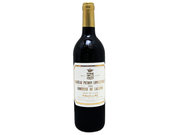

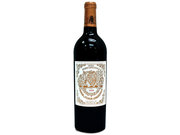
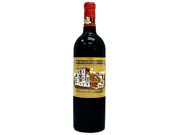
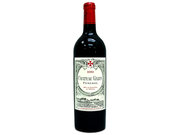
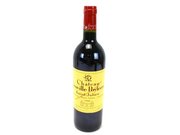
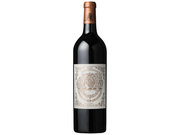

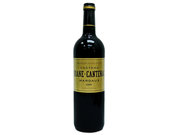

 Share
Share Tweet
Tweet +1
+1  Pin it
Pin it Post
Post  Weibo
Weibo Review
Review













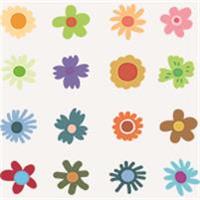





 Diwali Gifts
Diwali Gifts 
 ▶
▶